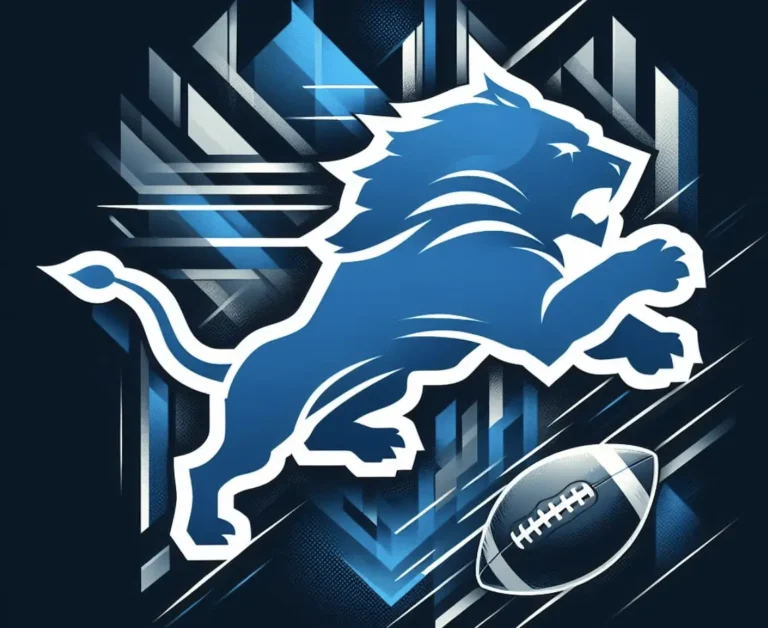The Detroit Lions’ incredible 2023 season finally came to an end after a deep postseason run, and the team is moving on to the 2024 offseaso
The Lions still have 39 players who were on the 53-man roster, practice squad, or injured reserve at the end of the season who are not officially under contract with the team, despite having already signed 12 players to futures contracts.
Let’s examine the four categories into which those 39 players can be categorized, along with the players who fit within each category.
Players with at least four completed seasons of NFL experience who are on expiring contracts are considered unrestricted free agents. Detroit is free to discuss a possible new contract at any moment, even if they are not officially under contract with the Lions. The players below may start talks with other NFL teams if they haven’t struck an agreement with the Lions by March 11, 2024, which is when the free agent tampering period starts.
Players who were not offered a futures contract but ended the season on the Lions practice squad are considered street free agents. The Lions practice players will become SFAs on Monday, February 5, as contracts for the practice squad expire seven days following a team’s last game.
SFAs are different from UFAs in that they can begin contract negotiations with any of the 32 clubs right away, but UFAs must wait until March to engage with a different team.
Players with contracts that are about to expire who have only three NFL seasons under their belts are considered restricted free agents. The Lions have the same rights to contract discussions as they do with UFAs and SFAs, but they can also extend an offer of a one-year tender to each of these players.
First-round, second-round, and original-round tenders are the three types of one-year tenders, and the contractual value of each differs based on whether tender is applied and whether the player was drafted or not.
If the Lions extend a tender offer to any of these players, they have two options: they can sign a one-year contract with the organization or they can work out a deal with another team during the free agency period. Let’s say a deal is signed with another organization. If so, the Lions have the choice.
Players with expiring contracts who have fewer than three years of NFL experience are considered exclusive rights free agents. The Lions may extend a qualifying tender to these players, just as they may to RFAs. However, there is only one tender option available, and the player cannot negotiate with another team unless the Lions choose to remove that limitation.
In other words, an ERFA who receives a one-year tender offer from the Lions has the option to play for the team or decline it. The player becomes an unrestricted free agent (UFA) and may negotiate a deal with other teams during the March free agency period if the Lions choose not to extend a tender offer to him.


